Past Fair Wisconsin Board President Dan Ross charts the path that he and his partner Charlie Squires took from meeting at a graduate school party into a shared life of activism.
I grew up in northern Illinois, went to college in Texas, and came to Wisconsin for graduate school in 1989. The program had a great reputation; there was promise of financial support in exchange for teaching classes; and most importantly, I had become aware that Wisconsin was one of the few states at the time that banned discrimination based on sexual orientation. My partner Charlie was from Long Island, that water bordered suburban sprawl east of New York City, and Madison was his first exposure to the Midwest. He had already been here in graduate school for one year, and was becoming used to our food and customs. We first met that same fall, under circumstances that perhaps by them-selves best illustrate the nature and draw of our relationship. As graduate students, we had attended the same start-of-the-semester party; and being computer science graduate students meant that most of those in attendance were prone to the same geeky interests.
It wasn’t until a year-and-a-half later that we both had come out enough to each know that the other was gay. We also in that time learned we had many of the same interests, yes, even including things outside of our area of study: music, food, travel, languages, cats, racquetball. And where possible, we actively engaged in our interests, in cooking, performing music, and learning new languages (and reviewing old ones). We also discovered our joint interest in doing the right thing, treating people well, and speaking up, although the latter is something that took me more time to become comfortable with.
Our first joint activism involved an education campaign within the computer sciences department. About eight graduate students and staff signed their names to a flyer which explained the origins of the pink triangle and its reclamation as a symbol of pride and support, and invited recipients to hang it on their door as a sign of support. We both were signatories to the flyer, and this was a big step for each of us, but one we both felt strongly about. I remember the dismay at an anonymous handwritten note placed in our mailboxes, explaining how the author didn’t flaunt their sexuality and neither should we; and the excitement when over a doz-en students, faculty, and staff hung a copy of it outside their offices.
But it wasn’t until August 1992, after other relationships hadn’t worked out, and we’d had some time to let the air clear, that we decided we’d been putting it off long enough, and officially began our relationship as more than just friends. We moved in together a year later, and I can’t imagine having things any other way.
After working at the University of Wisconsin for a couple of years, I became interested in a then-new top-ic: domestic partner benefits. I had come across a book on the topic that claimed that the University provided such benefits, but that was not correct, so I devoted myself to compiling accurate information on this subject. The result was a web site focusing on Wisconsin employers, and networking and friendships with other employees working to change policies. I’m pleased that we have had some success on some optional, employee-funded plans and policies; and bitterly disappointed that health insurance for partners of University employees remains out of reach.
In an attempt to make change on a larger level, I became involved with Action Wisconsin (now Fair Wisconsin), and served several years on its board of directors. This was an extremely “hands-on” phase of the organization, during which the board and officers served as volunteers and unpaid staff. Funding was tight and based on donations, and operations were pretty basic. Charlie joined the board as well, and spent many hours updating and cleaning the membership database. We stored the organization in two drawers of a file cabinet in our apartment’s spare bedroom, and on my computer; communicated from a post office box and standalone voice mail number; and held newsletter mailing parties in our living room. We traveled together all over the state to enlist volunteers and donors, and attended pride events of all sizes. When new leadership joined with the background and knowledge to take the organization to the next level of funding and staffing, we were both proud and relieved.
But during that time, it wasn’t just administrative work. We were involved in successful campaigns, for domestic partner benefits for Dane County employees; for nondiscrimination in gender identity and expression in the City of Madison; and for the United Way of Dane County to cease funding agencies that discriminate on the basis of sexual orientation. I made sure that an LGBTQ angle was heard on every pertinent bill in the state legislature, ranging from HIV test reporting requirements and hiring felons in schools, to banning domestic partner benefits and the perennial attempts to limit marriage to a man and a woman. There were fun moments, too, like when Charlie surprised me in front of hecklers at a pride event by kissing me passionately for the benefit of their cameras; or when we serenaded anti-gay protesters at a gay-themed play from our balcony facing the theater.
When we ultimately lost that last battle on marriage in November 2006, reformulated as a popular vote on our rights, it was as if a loved one had died. Charlie and I had both volunteered against the constitutional amendment and hosted fundraisers. I had spent nearly every summer and fall weekend at the Dane County Farmer’s Market educating voters. He had begun law school in Connecticut, and we were prepared to move there as well and leave behind Wisconsin, the state that didn’t want or deserve us. I telecommuted and spent half my time with him.
There was something very freeing about spending large amounts of time in a state in which our relationship could be recognized. Although we did not enter into a civil union, the knowledge that we could, and that for state purposes every-one would have to treat us as if we were married, was empowering. While Connecticut had other challenges and inequalities facing it, notably extreme racial segregation, neglected public schools and inner cities, and grotesque wealth disparities, it lacked the strident antigay tone of Wisconsin and its Legislature. I even attended the Supreme Court hearing on the lawsuit requesting equal marriage rights for same-sex couples, and I was surprised at the lack of antigay protesters and the civility of the proceedings.
However, returned to Wisconsin together, with Charlie transferring to the University here. Ironically, despite all my efforts on the topic of domestic partner benefits, I am still unable to provide health insurance for him.
Now, I don’t intend to imply that sixteen years have passed without any stressful moments. Extended separations due to work and school, and bumps along the way from medical concerns or acceptance of extended family have provided their contributions to the adventure. I had a (thankfully short) bout with depression. On the last trip to Connecticut, our cat Amanda fell ill, and our return to Wisconsin was precipitated by finding the best care for her. She passed away that same fall; we had her nearly our whole relationship, and it was a staggering loss. Charlie’s physical disability has made him reliant on crutches–and no longer able to play racquetball. These situations have challenged us.
But I cannot imagine anyone else who would treat me with such love and kindness, who would stimulate my thinking, and who would share my desire to learn more about the world. Who else could communicate with me in half a dozen languages (some human, some artificial)? Who else would practice an instrumental duet for me (and perform it for unsuspecting dinner guests)? Who else would stop with me on the street to help someone in need of assistance? And who else would stand up to decision makers making wrongheaded decisions about us and others like us and yet others not like us?
One of the greatest compliments I have re-ceived is when a friend has asked “how do I meet someone to have a relationship like yours?” I wish I had a succinct and useful answer, other than suggesting they go to graduate school. But I do believe that the most important factor is the interests and joys that you share in common with a partner, so my answers have included participating in an activity that you value deeply, joining a club, volunteering, or yes, even going back to school.

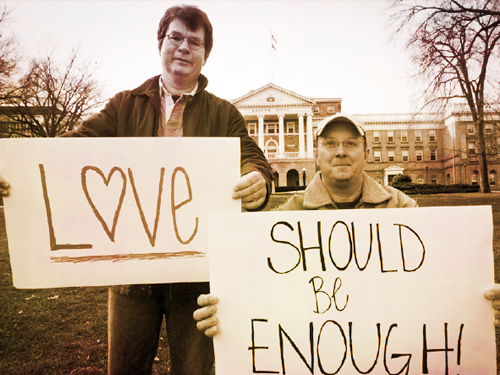


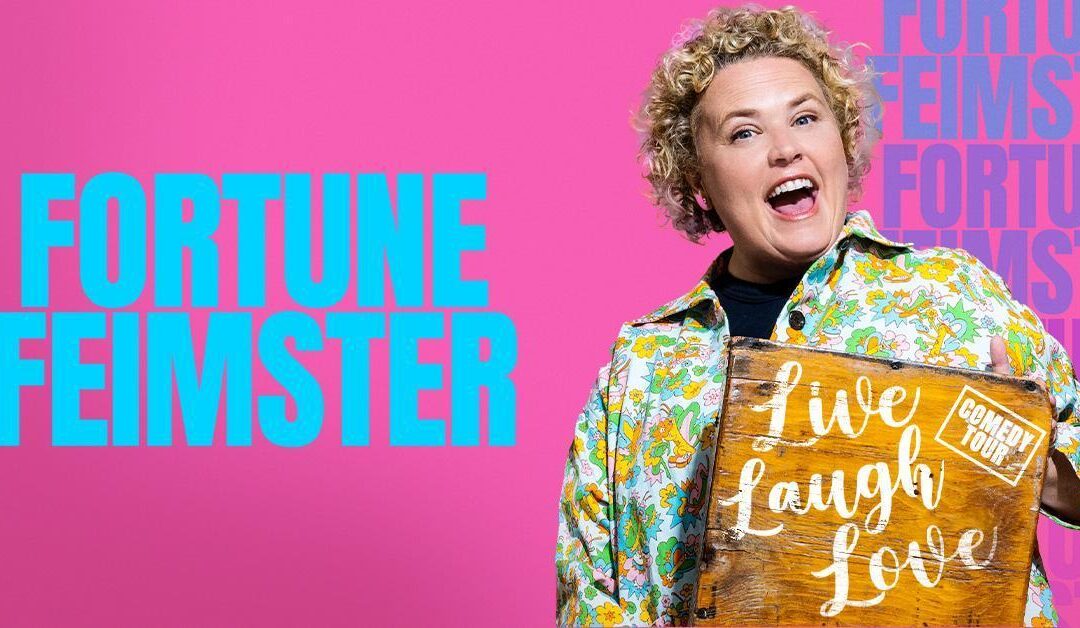

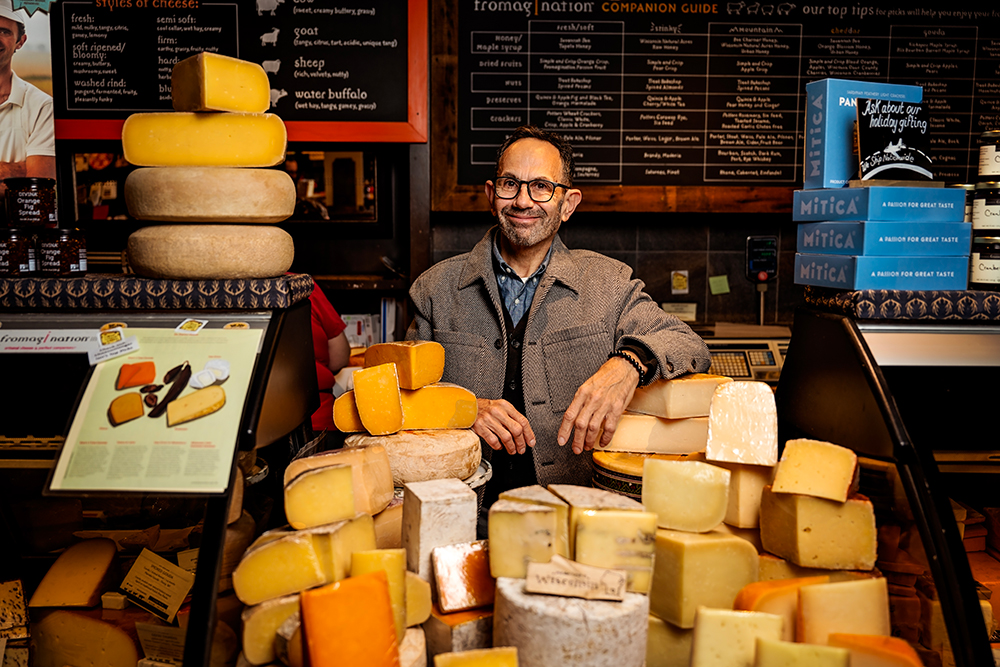
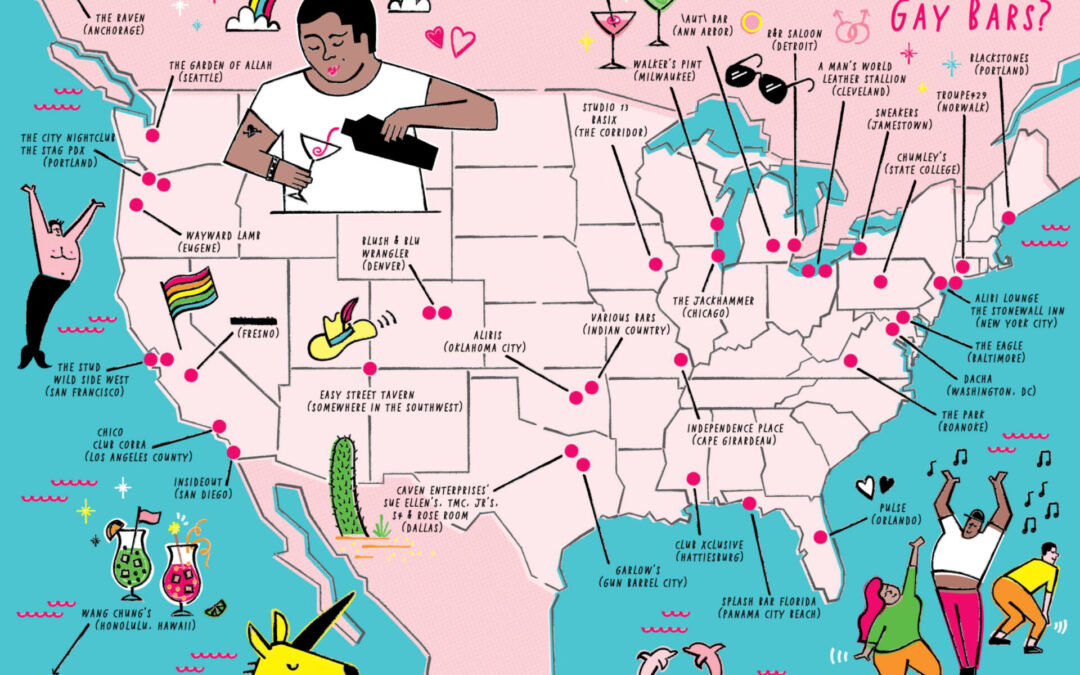
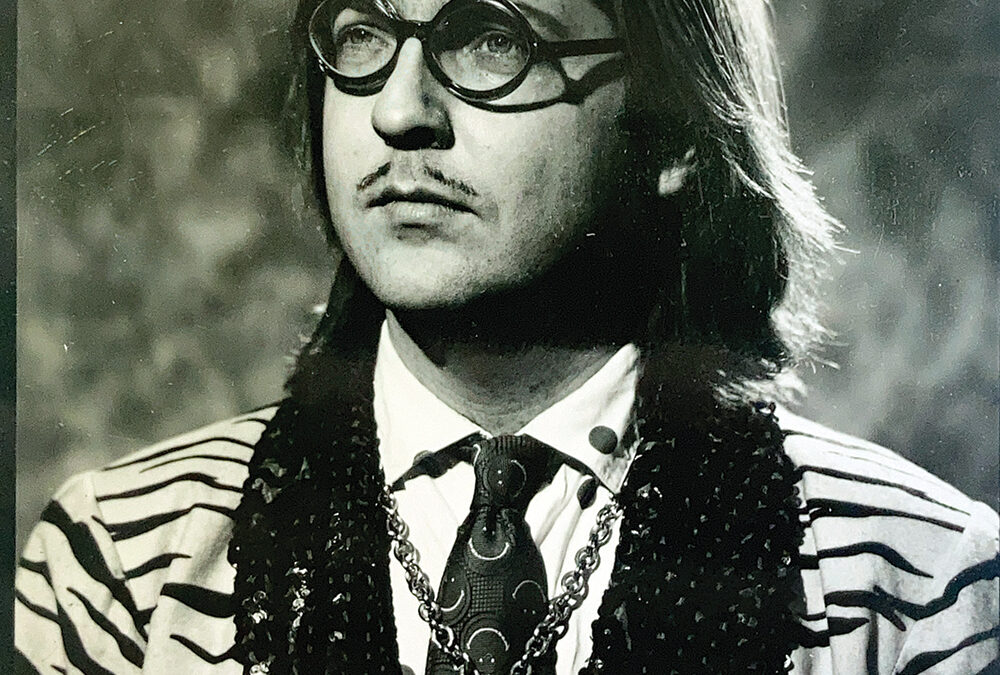

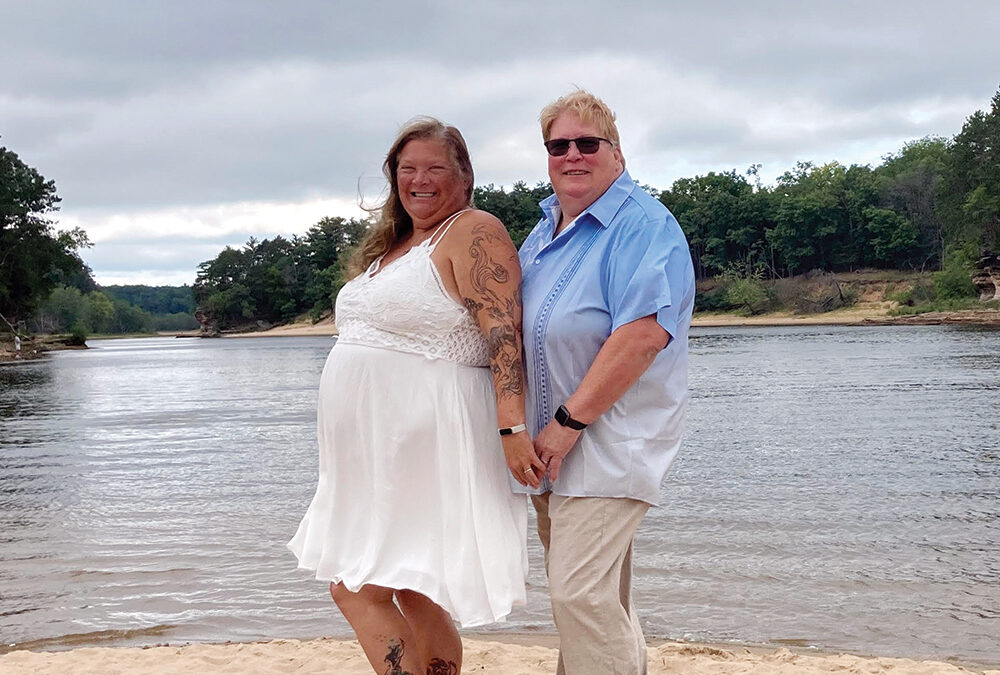
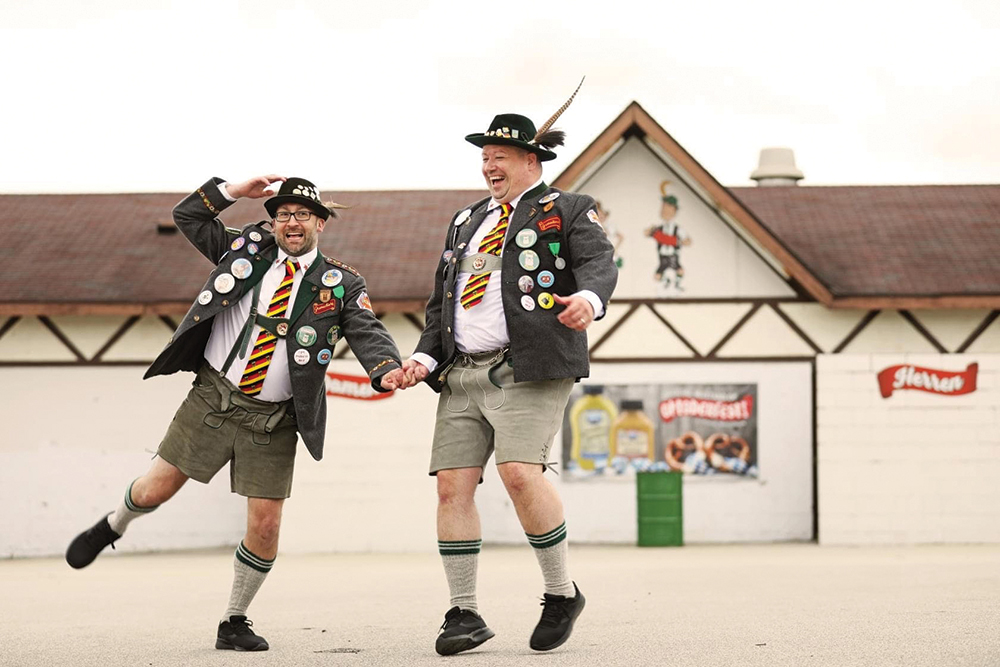
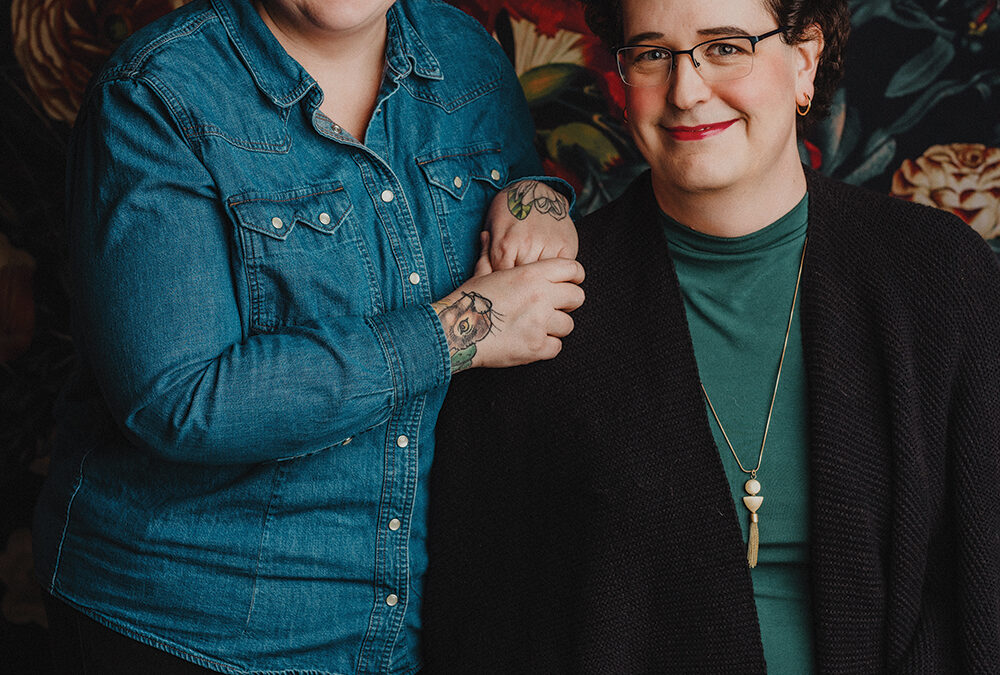










0 Comments